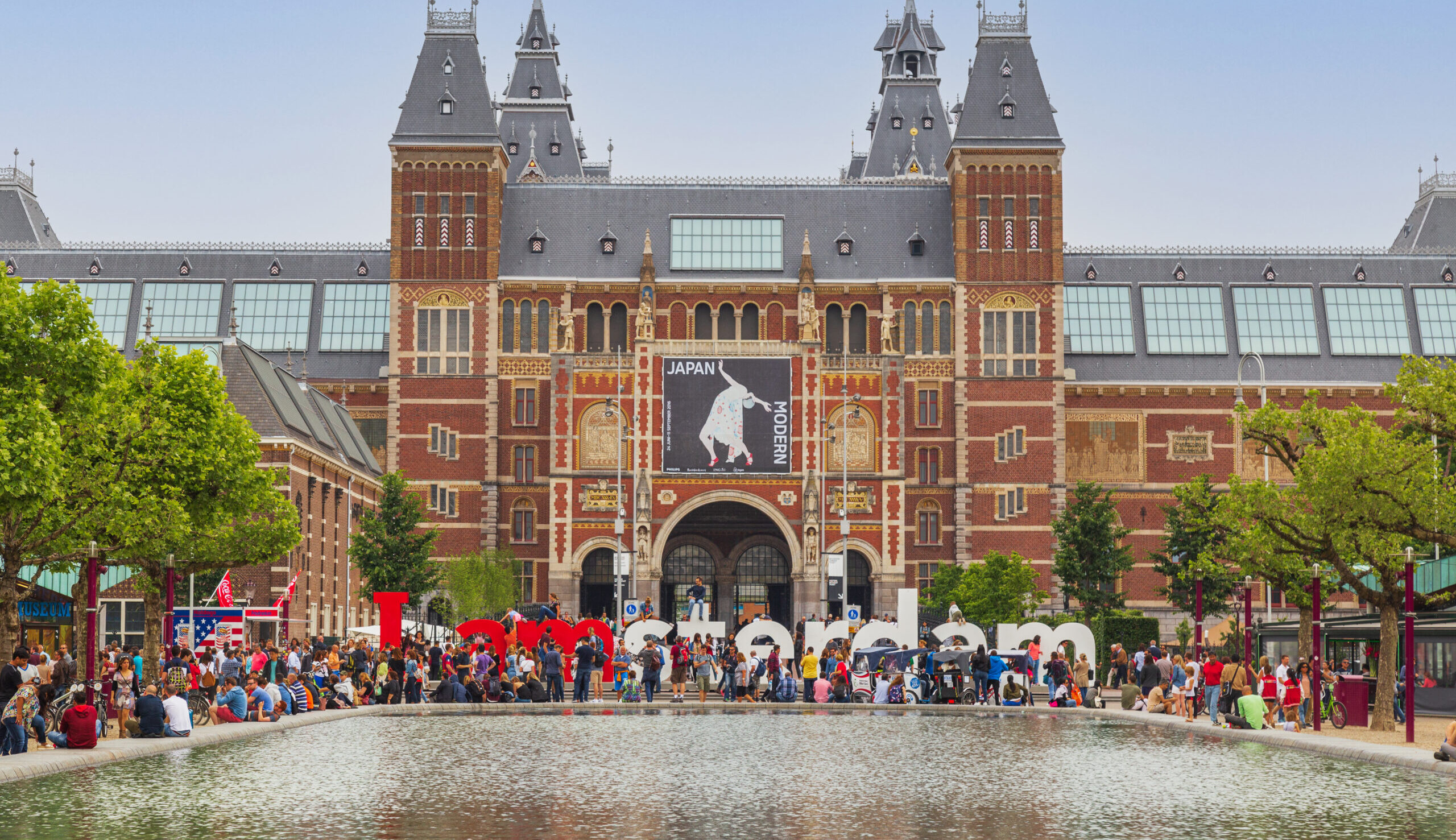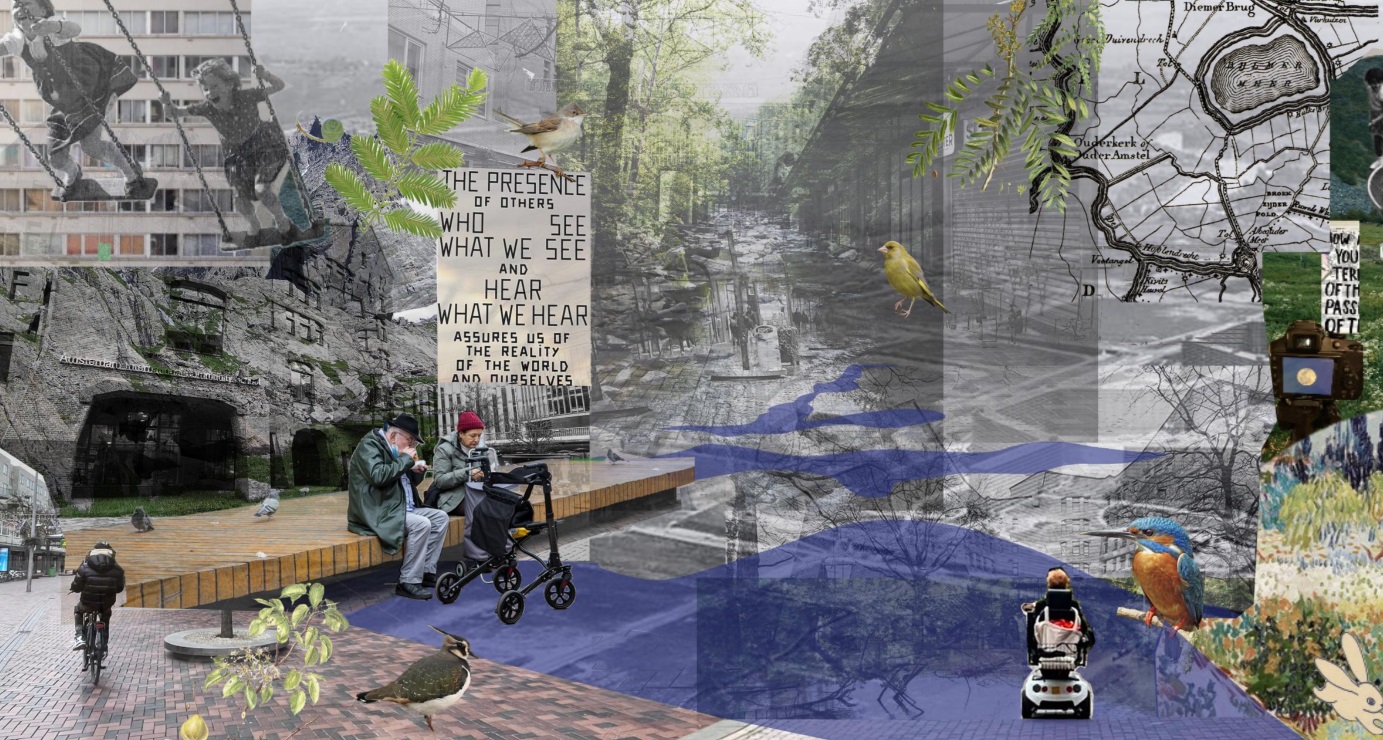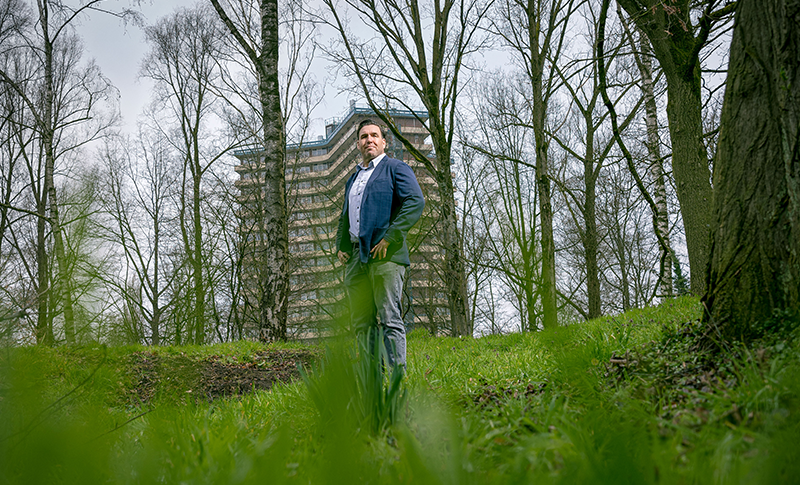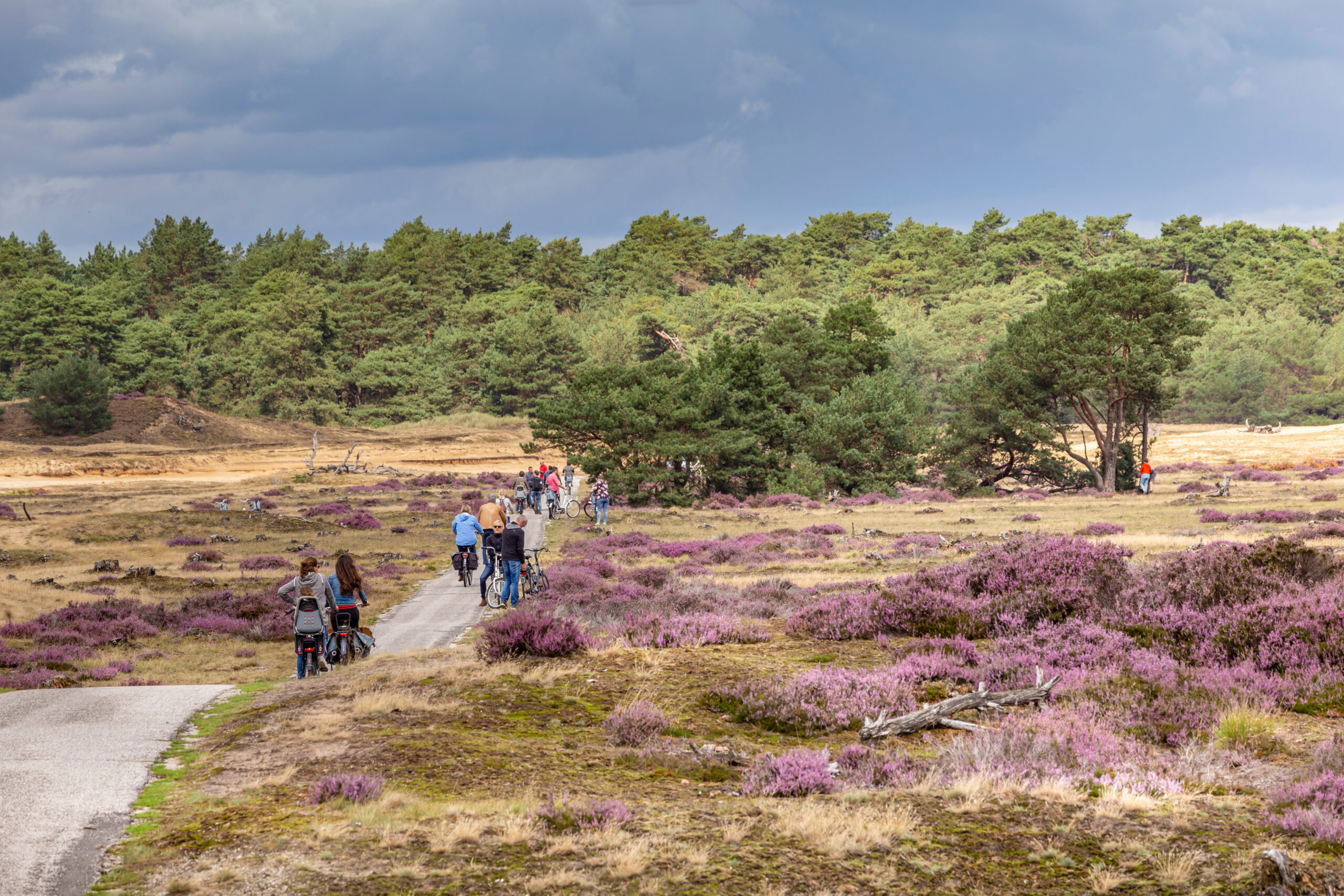It was wonderfully quiet in Amsterdam, Venice and other tourist hotspots during the covid pandemic. This year, too, the tourist numbers in the Netherlands are lagging behind. Most residents of touristy cities are totally fine with it, they finally have the city to themselves again. Moreover, it’s a blessing for the climate. But is this change permanent? How do you manage tourist flows? And how can you be a responsible city hopper?
We asked associate professor Robert Fletcher for his view on the matter. He is researching sustainable development at Social Sciences, with a focus on mass tourism.
No sleep
Some places are overrun by tourists, who often only stay for a short time. What are the consequences? Fletcher: ‘There are different dimensions to it, but the biggest consequence is environmental. The more tourists, the bigger the footprint, especially if most tourists are flying. The interesting thing is that this is usually not the issue talked about most when we discuss overtourism. Those are the social issues, which are most apparent to the people actually living in the destination. The problems like residents feeling like they lost control of their city, not being able to sleep at night, and so on. And then the economic side: increasing short term rentals like Airbnb driving up housing prices, making it impossible for people to live in the city.’
In places that came to rely on tourism, the pandemic has had a huge impact
Robert Fletcher, associate professor at Social Sciences
The pandemic had a huge impact on tourism. All of a sudden travel almost completely stopped. How did this impact over-touristed places? ‘For the environment this was a good thing of course. And for the residents, they are able to occupy their space again, and enjoy their own city. Economically it is a different story. In places that came to rely on tourism it has had a huge impact, we’re talking about millions and millions of euros. What we see is that most large companies manage to survive, whereas smaller ones really suffer or even disappear. There has always been this tendency to consolidate industry around larger and larger enterprises, but the pandemic has really accelerated that development.’
Regulations
Many factors influence travel and it is hard to predict the future, but can we say anything about the future of mass tourism? Will the covid-induced changes last? ‘What I see is that many people are just waiting for the opportunity to travel again. Last summer, many people went traveling while it was quite risky to do so. I think you will have to regulate it in some ways, like banning short distance flights, or limiting tourist shops and Airbnbs in city centres. Many cities actually wish to limit tourism. Amsterdam had as many as 20 million overnight stays, and they want to reduce that to 11 million.’
‘The fast increase in tourism in the last ten years was not a natural increase, it was a consequence of aggressive marketing campaigns after the 2008 crisis. That means that governments do have influence on the number of tourists coming. Amsterdam for example is now making the city less attractive by limiting short term rentals, banning tourists from coffee shops, and they are even considering relocating the red light district. This will surely have a large impact.’ In other cities, similar measures are implemented. From next year on, one needs a reservation to visit Venice, and the city banned large cruise ships.
What I see is that many people are just waiting for the opportunity to travel again
This will benefit the environment and the people living in such places, but for the thousands of people working in the tourist industry this is bad news. ’This is a big issue. You need policies to provide economic support for those people, or opportunities to be retrained into other industries.’
But let’s not forget that travelling is fun too. Tourism is unlikely to disappear. How do I visit a famous place in a responsible way? ‘Travel slow, by ground transportation. Spend as much money as your means allow in small, local businesses. Many people travel on a budget but if you spend time in a place, and thereby intrude on people’s lives, but don’t spend any money, you’re not helping out much. Think of yourself as part of the global industry.’

 Amsterdam in 2016. Photo Jan van der Wolf/Shutterstock
Amsterdam in 2016. Photo Jan van der Wolf/Shutterstock 

